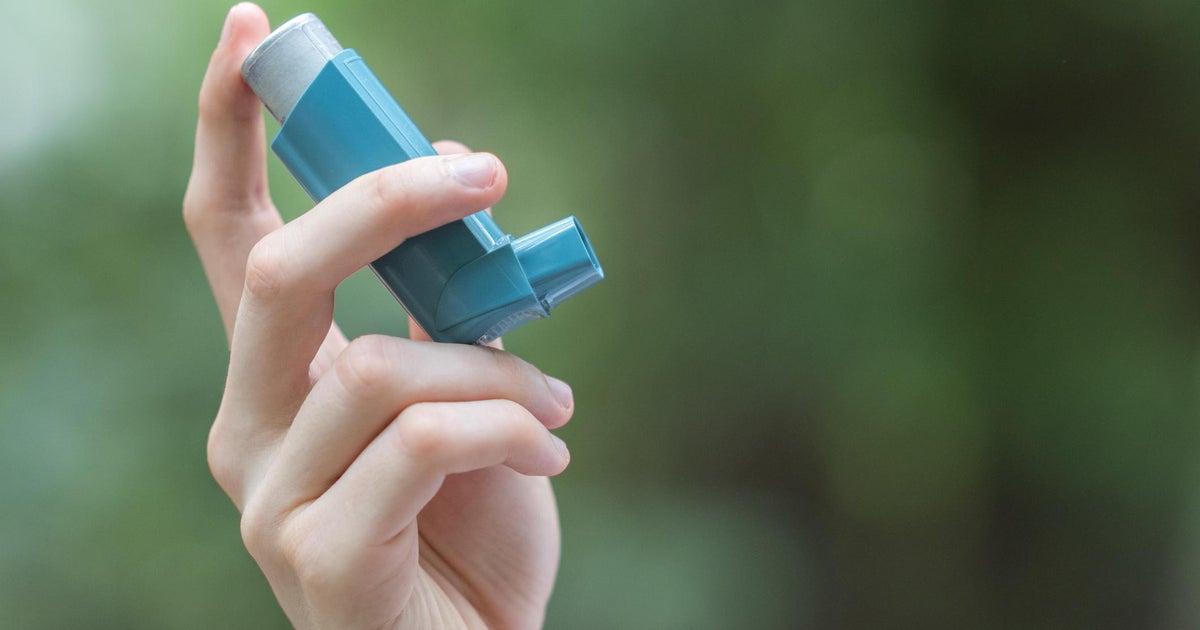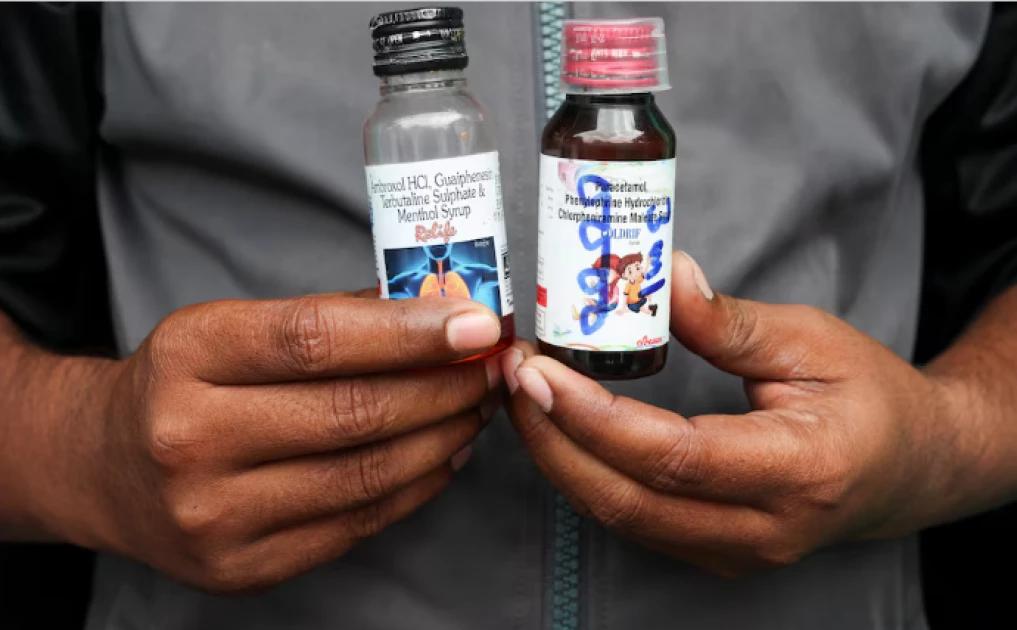
Inhalers used to treat asthma and chronic lung diseases are responsible for a surprising amount of greenhouse gas emissions, new research shows. The study highlights how medical treatments designed to help people breathe better may also be worsening the very environmental conditions that make respiratory problems worse.
A study published Monday in the Journal of the American Medical Association found that inhalers approved for asthma and chronic obstructive pulmonary disease (COPD) produced an estimated 24.9 million metric tons of carbon dioxide equivalent emissions in the United States between 2014 and 2024. Researchers said this amount is roughly equal to the yearly emissions of about 530,000 gasoline-powered cars.
“Scaled across tens of millions of inhalers dispensed annually, these emissions drive global warming, exacerbating the very respiratory conditions inhalers are meant to relieve,” the study’s authors wrote in a related editorial.
According to the Asthma and Allergy Foundation of America, about 28 million Americans suffer from asthma and another 34 million have chronic lung disease. These numbers are expected to rise as climate change worsens air quality, leading to increased respiratory issues and more severe symptoms among those affected.
The study revealed that metered-dose inhalers — the common boot-shaped devices many people associate with asthma treatment — were the biggest contributors to carbon emissions, accounting for 98% of the total over the ten-year period. The emissions come not from the medicine itself, but from hydrofluoroalkane (HFA) propellants used to deliver the medication. HFAs are powerful greenhouse gases also found in aerosol sprays and refrigeration systems.
Dr. William Feldman, the study’s lead author and a pulmonologist at the David Geffen School of Medicine at UCLA, said the findings show that inhalers add to the healthcare sector’s growing carbon footprint. “There is tremendous opportunity to make changes that protect both patients and the planet by utilizing lower-emission alternatives,” Feldman said.
The research also identified alternatives such as dry powder inhalers and soft mist inhalers, which deliver medication without the use of propellants. These options are less damaging to the environment while still providing effective treatment for people living with chronic respiratory diseases.
The study urges healthcare providers and manufacturers to transition toward more sustainable inhaler options to help reduce emissions and safeguard both human health and the planet.
Health

WHO Issues Alert Over Contaminated Cough Syrups From India
The World Health Organization (WHO) has warned about contaminated cough syrups in India after reports linked them to the deaths of several children in Madhya Pradesh’s Chhindwara district.

KMPDU Urges Ruto to Dissolve Kiambu Gov’t After 131 Deaths
The Kenya Medical Practitioners, Pharmacists and Dentists Union (KMPDU) has called on President William Ruto to dissolve the Kiambu County government following the reported deaths of 131 newborns during an ongoing doctors’ strike.

Pharmacy Board Refutes Medicine Import Ban Claims in Kenya
The Pharmacy and Poisons Board (PPB) has firmly rejected claims that it blocked over 21,000 medical products from entering Kenya, insisting that drug supply across the country remains uninterrupted.

WHO: 42,000 in Gaza Suffer Life-Changing War Injuries
The World Health Organization (WHO) has reported that nearly 42,000 people in Gaza are living with life-changing injuries caused by the ongoing conflict, underscoring the severe human toll of the war.

Kenya Opens Polio Lab to Strengthen Virus Detection in Region
Kenya has launched a new polio laboratory at the Kenya Medical Research Institute’s Centre for Virus Research.